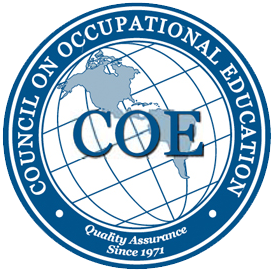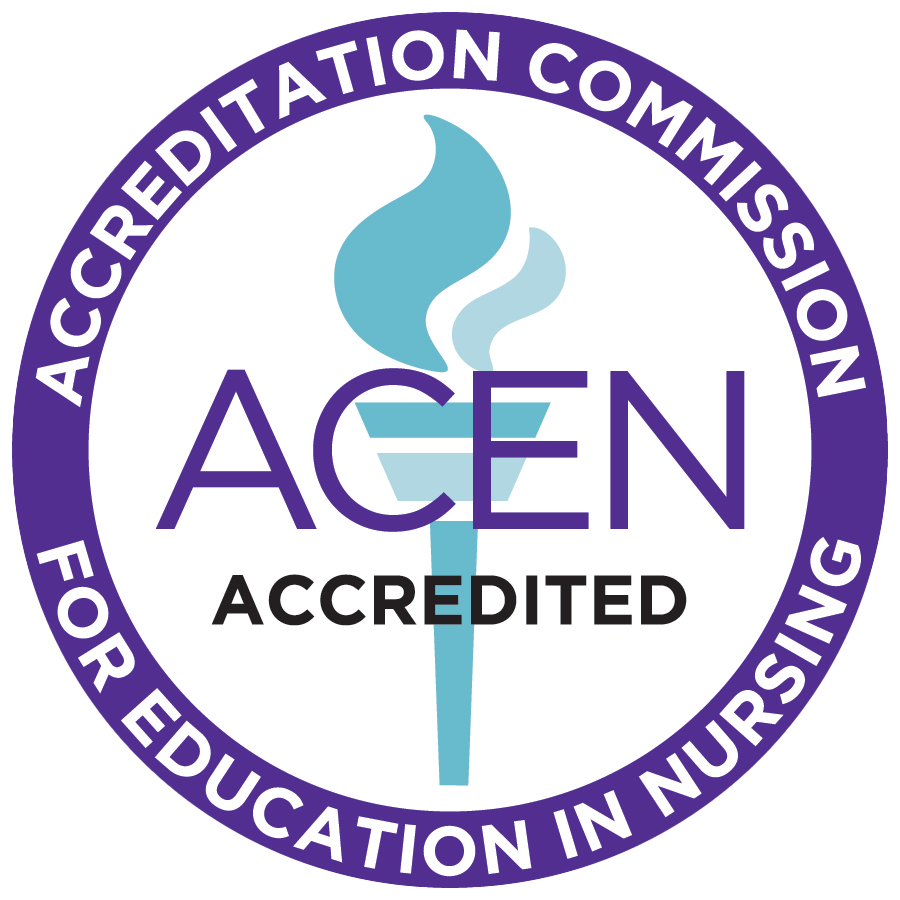
How Long is Nursing School?
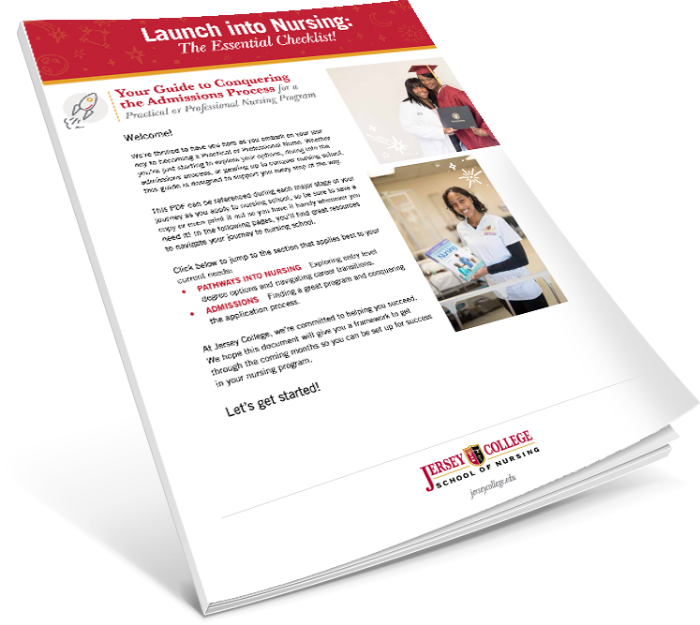
FREE Essential Guide to Nursing School: Get Accepted, Survive, and Thrive!
Program length is subject to change and is determined based on a number of factors, including, but not limited to: (i) pace of completion, (ii) quantity of credits taken per term, (iii) repeats of coursework, and (iv) leaves.
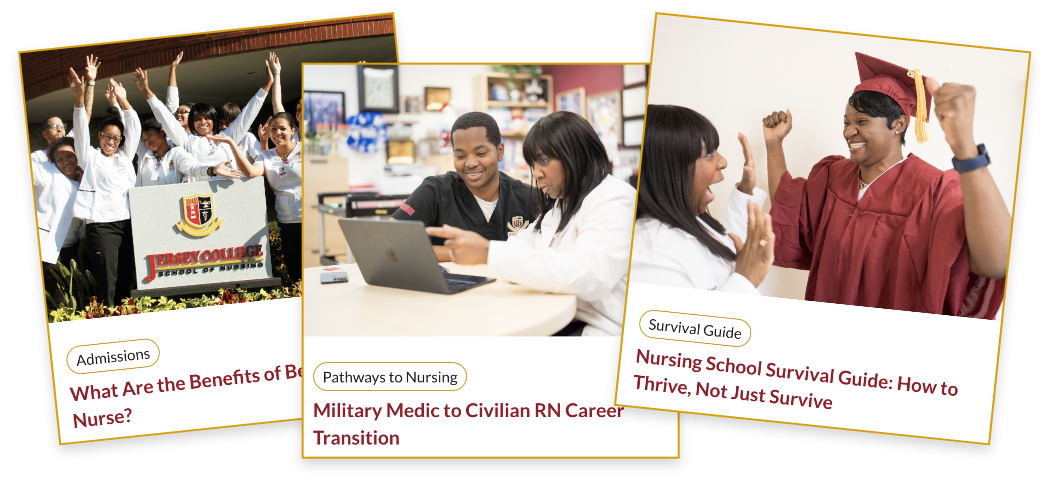
Sign up to get new articles in your inbox and stay updated on our nursing programs.
FAQs
-
What is the Typical Nursing Salary?
According to the Bureau of Labor Statistics, the average salary for LPN was $64,150 per year and the average for RNs was about $98,430 as of 2024. The highest-paying nursing careers you can pursue are as a nursing anesthetist, midwife, or practitioner, earning well into 6 figures.
Read our Nursing Salary Guide for more information.
-
How Competitive is Nursing School?
Nursing is one of the most competitive areas of education out there, but with courses offered on numerous campuses, there are many opportunities for students to study nursing at Jersey College.
-
What is the Shortest Time to Become a Nurse?
Keep in mind that this will limit your options. But you could sensibly go through a nursing program and begin working in the real world in a little more than a year.
Become a Nurse with Jersey College
Becoming a medical practitioner is no small undertaking. If you’re looking to get a nursing degree, Jersey College is here for you. Whether you’re just starting your first course or years into your journey, you’ve come to a place that can support your needs. We’re here to make sure you start your career with every advantage you can possibly get.
If you want to learn more about the Nurse Life, we’re here to help. You can speak to your campus Admissions representative – we look forward to meeting you soon!
Find Your Campus
Based on the success of our programs, we have grown to serve communities in 7 states (and counting!). Find a campus near you to start your NurseLife.
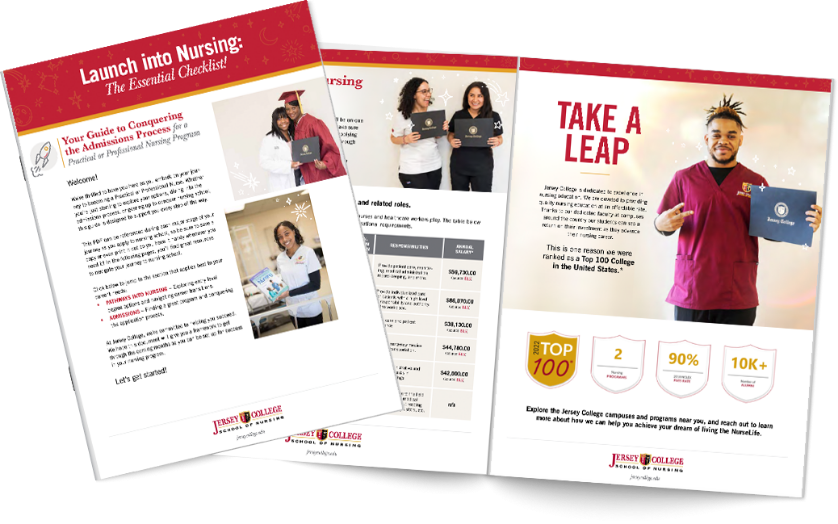
FREE Essential Guide to Nursing School: Get Accepted, Survive, and Thrive!

